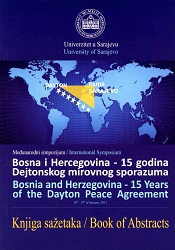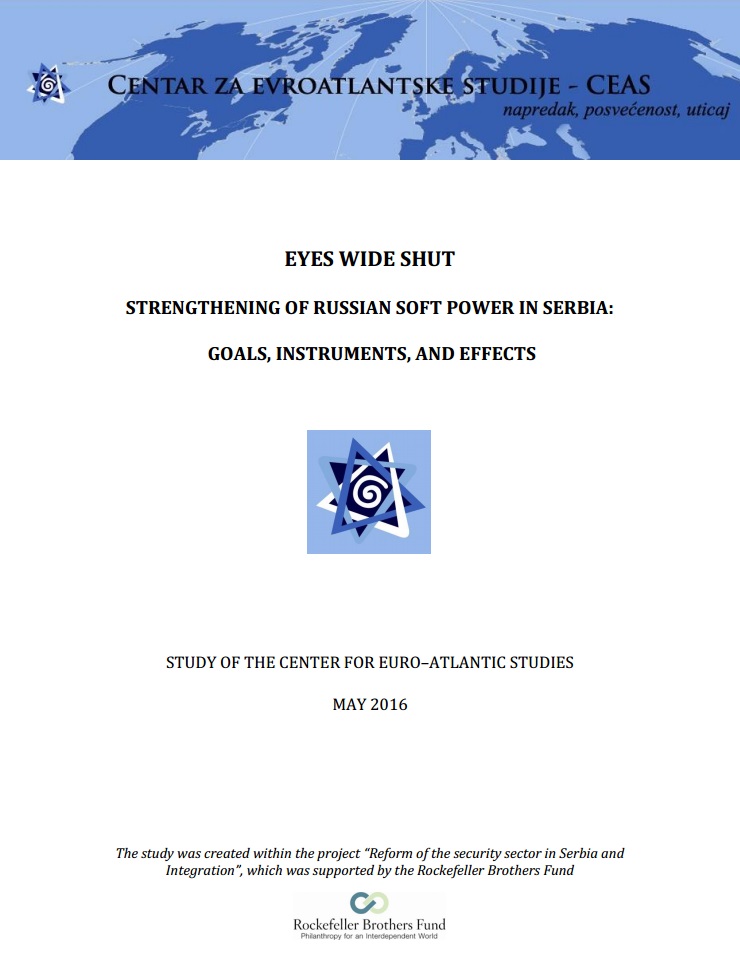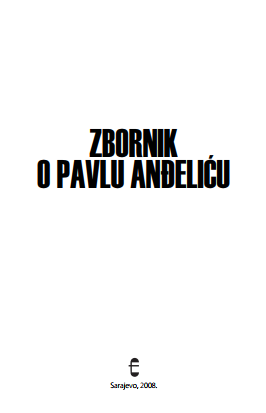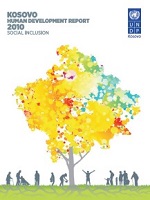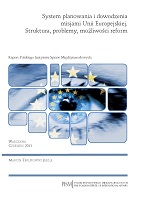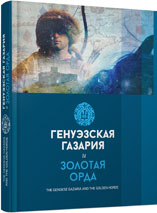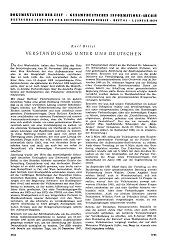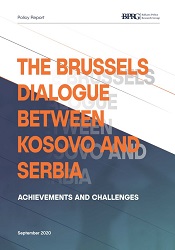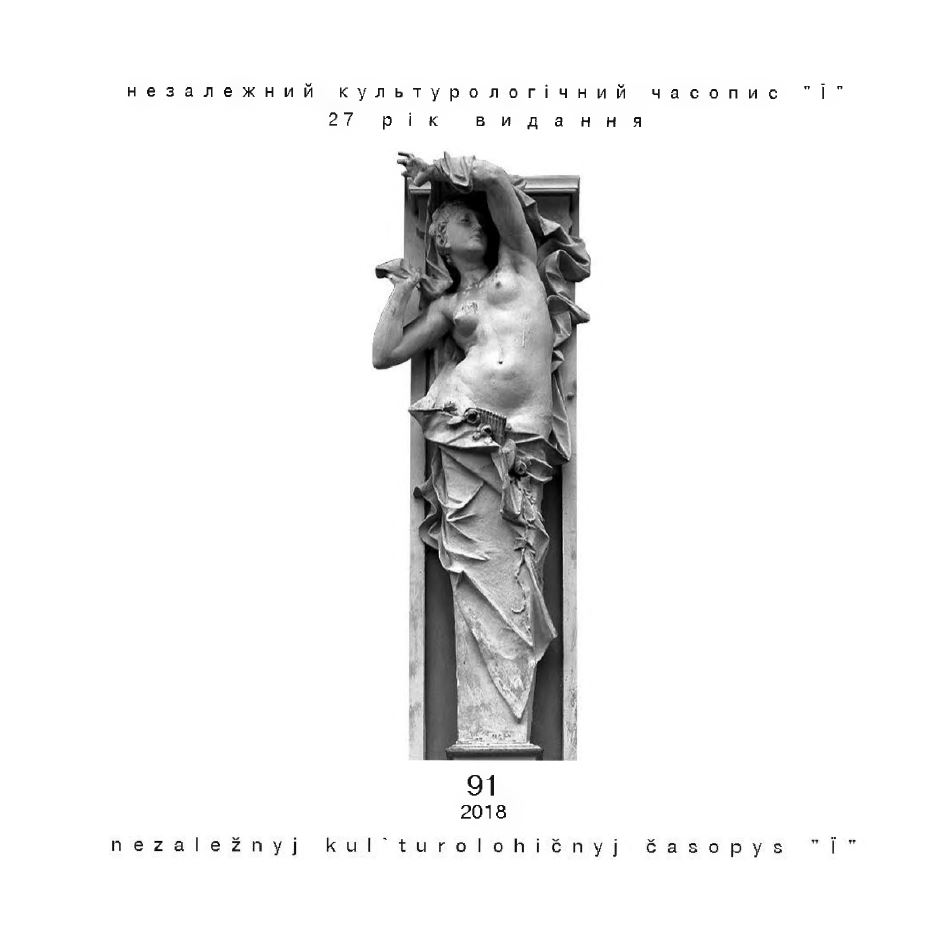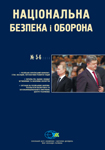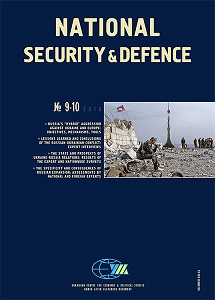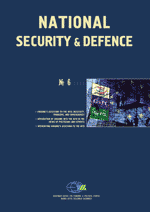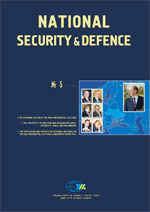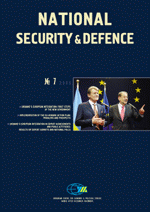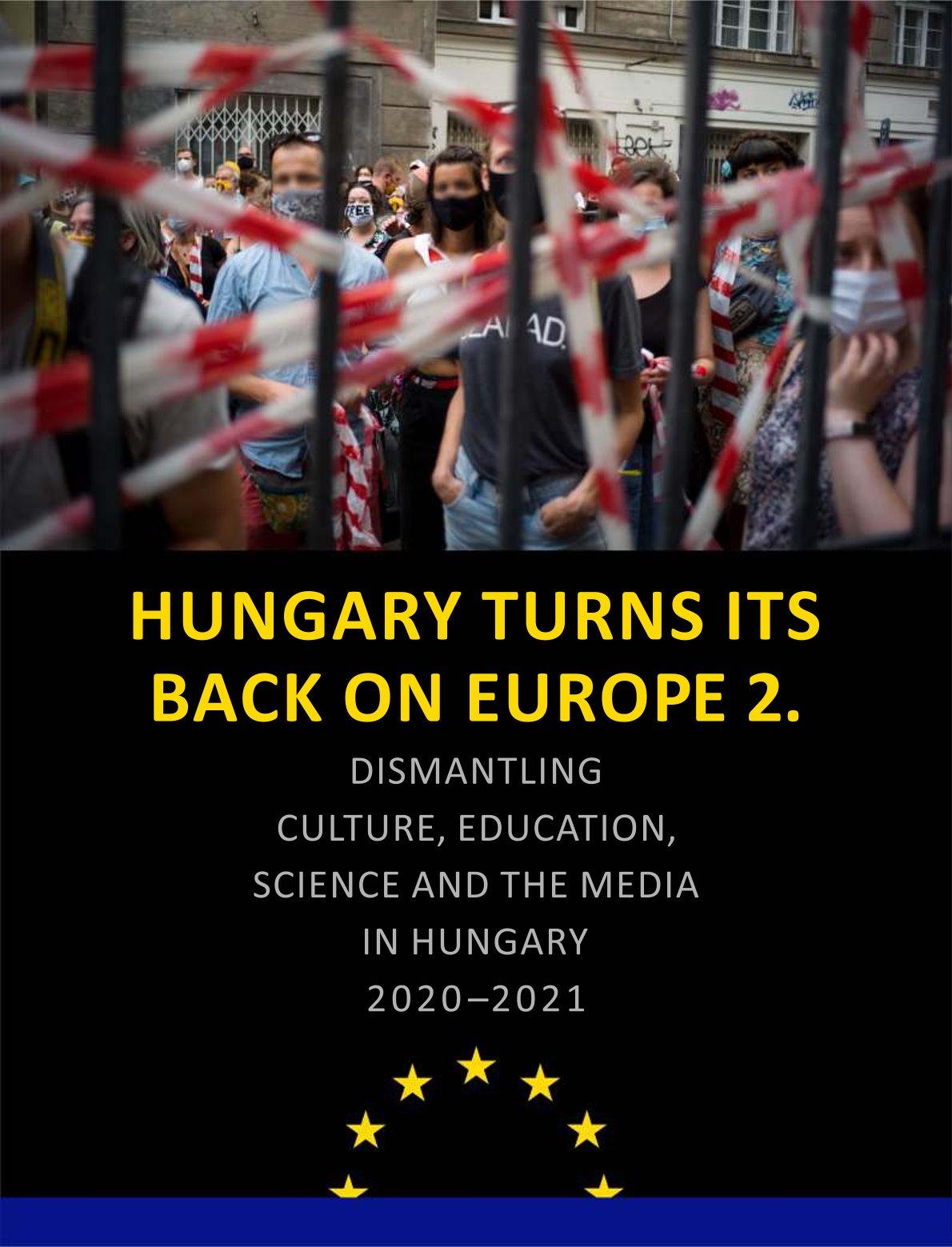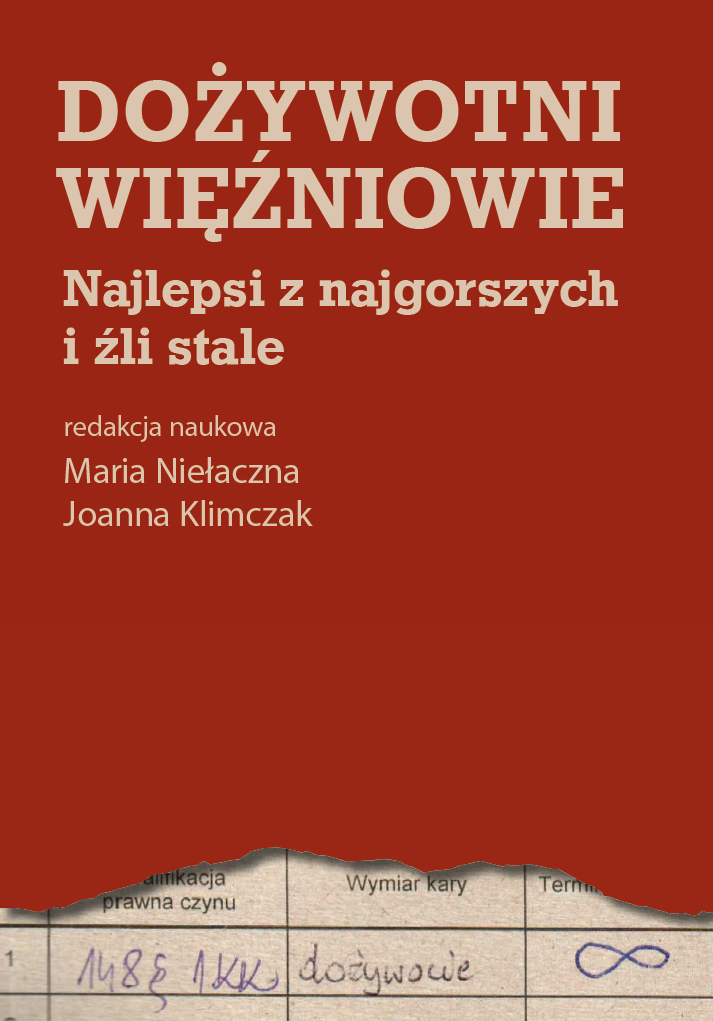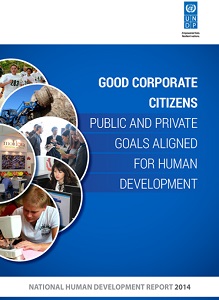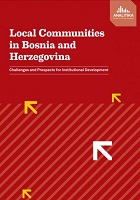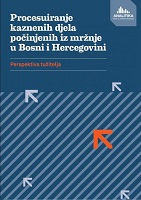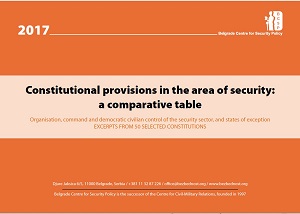Local Communities in Bosnia and Herzegovina - Challenges and Prospects for Institutional Development
Author(s): Mirna Jusić / Language(s): English
Keywords: BiH; local communities; institutional development; challenges; prospects; governance;
Local communities (mjesne zajednice – hereafter LCs) in Bosnia and Herzegovina (hereafter BiH) have for a long time been perceived as a relic of the country’s Yugoslav past. The sub-municipal institutions were established in former Yugoslavia as hubs of community self-government, serving as venues of citizen engagement around community problems. However, after the former socialist political system was dismantled following the 1992-1995 war and new institutions were installed, not much attention had been paid to local communities. As of recently, LCs have been receiving increasing attention, especially of international and non-governmental organizations. As legally recognized sub-municipal institutions, they are seen as having potential to foster citizen engagement. A 2012 survey of Centres for Civic Initiatives (CCI), administered in 14 municipalities in BiH, shows that respondents were the most aware of the possibility to participate through the LC (74.6%) out of a number of other participation mechanisms at the local level, and that the LC is among the most frequently used participatory mechanisms (33.2%). Although a 2009 World Bank study survey data from 20 municipalities showed that most citizens did not have the experience of engagement in their community activities, of those respondents who did, 81% described LC council meetings as the most useful activity of participation. Thus, it is not surprising that a number of projects to date, implemented by different organizations, have focused on strengthening LCs. Some initiatives have pushed for a change of their legal status and have advocated for a minimum of standards for local community operations through local acts, while others have worked on strengthening local community capacities. However, a number of obstacles to local community functioning remain. Some authors highlight as challenges, inter alia, the lack of formal competences of these bodies, their missing financial autonomy and inconsistent budgetary allocations from local government to LCs, as well as the influence of political parties on the elections of LC councilors and presidents. The World Bank study shows vast differences in local respondents’ awareness of, and participation in their respective LC activities between different municipalities, signaling that, depending on the locality, LCs may be more or less active, and may take on different roles. A 2013 study of communal services in the city of Sarajevo showcases both the potential of urban LCs to serve as a link between government and residents and the discontent with LCs that residents expressed, stemming from a perceived lack of LCs’ efficiency and inability to help citizens relay their problems to higher levels of government. Understanding the functioning of LCs in BiH, as well as the context in which these institutions operate, is challenged by a lack of comprehensive research on the subject. Studies on local communities in BiH to date have offered only a partial glimpse into the different aspects of LC operations in practice. No baseline information has been collected, including reliable data on the number of LCs. There have generally been no official data or estimates published on the number of LCs in BiH, and such data are not collected by the statistical offices. In general, empirical studies on the subject are few, with most analyses to date focusing on the legal framework regulating LC work. The research presented in this study was conducted in order to systematically learn about the countrywide practices of LCs in BiH, and to offer broad recommendations for improving local community work in BiH. Given the lack of baseline information on their functioning, it is difficult to analyze the work of LCs in BiH and to hypothesize in a meaningful way what contextual factors may be influencing their work. Provided these difficulties, the research is largely exploratory, seeking to gather insights and create descriptive accounts of the operations and functions of LCs. The report is structured as follows: The next, second, chapter features an overview of concepts related to sub-municipal and neighborhood-level governance, followed by a chapter on comparative practices of LCs in the countries of former Yugoslavia. In the fourth and fifth chapters, the analytical framework and research design are laid out. In chapter 6, research results are presented, structured according to key aspects of local community functioning. A conclusion and recommendations follow.
More...
